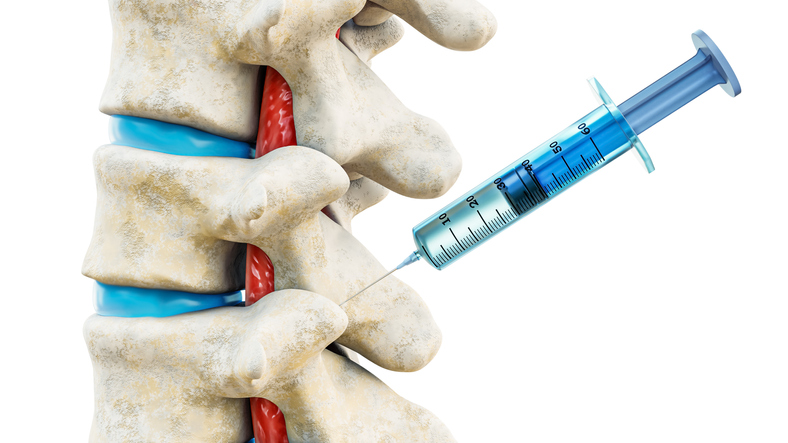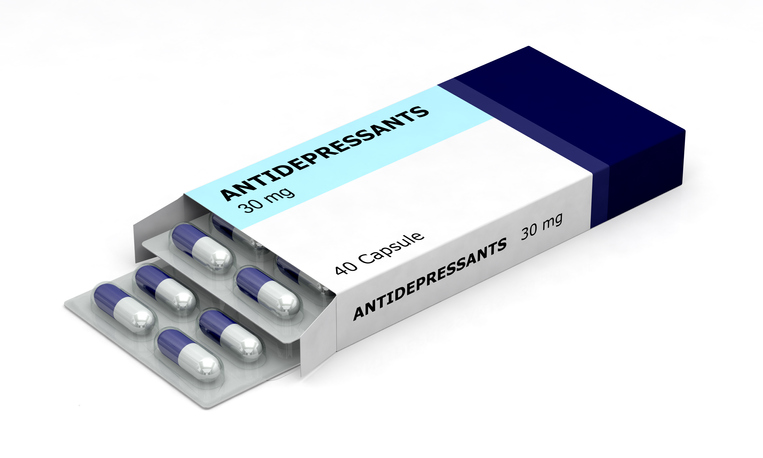Treatments
Who Is a Candidate for Facet Joint Injections?

What are facet joint injections?
Facet joints are small joints situated between each vertebra of the spine. The back of each spinal segment contains a pair of facet joints. These joints help support the spine and allow for range of motion. Common causes of pain related to the facet joints include arthritis and back injuries.
Facet joint injections serve two purposes: aiding diagnosis and managing pain. Initially, if a health care professional suspects that an individual’s back or neck pain is originating from a facet joint, an injection can aid in the diagnostic process. If pain relief occurs, the cause and specific location of the pain can be confirmed. Facet joint injections involve injecting a small amount of local anesthetic (numbing solution) and steroid medication into the joint; the goal is to reduce inflammation and relieve pain.
Who is a candidate for facet joint injections?
Individuals with the following symptoms or conditions may benefit from facet joint injections:
- Spinal arthritis
- Back pain due to injury
- Back pain due to mechanical stress
- Cervical facet joint pain in the head, neck, arms or shoulders
- Thoracic facet joint pain in the chest, upper back and, rarely, the arms
- Lumbar facet joint pain in the lower back, hips, buttocks or legs
If both immediate and long-lasting pain relief are achieved with an initial facet joint injection, continued facet joint injections are typically recommended to manage pain levels. This procedure can be repeated up to three times per year.
If pain relief is immediate but not long-lasting, further diagnostic testing may be recommended.
Who is not a candidate for facet joint injections?
The following factors indicate that facet joint injections should be avoided:
- Any allergies to medications used in facet joint injections
- The presence of an underlying bleeding disorder or the use of blood thinners (In certain cases, discontinuation of blood thinners several days prior to a facet joint injection may be recommended by the treating physician.)
- Presence of an active infection
The following factors indicate that facet joint injections would not be recommended:
- Pain not related to a small group of nerves
- Initial facet joint injection that is unsuccessful in relieving pain
A physician should always be consulted to determine if a facet joint injection is a suitable form of treatment. Although rare, allergic reactions can occur.


















